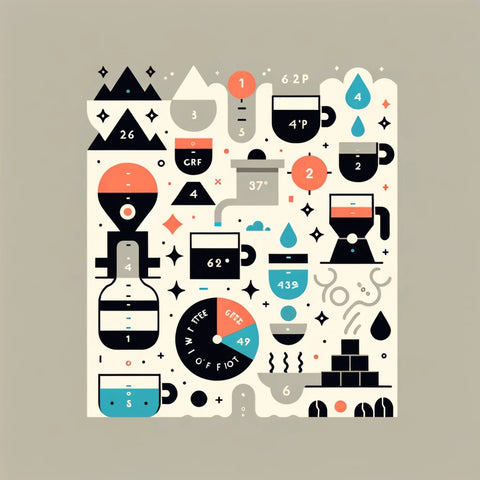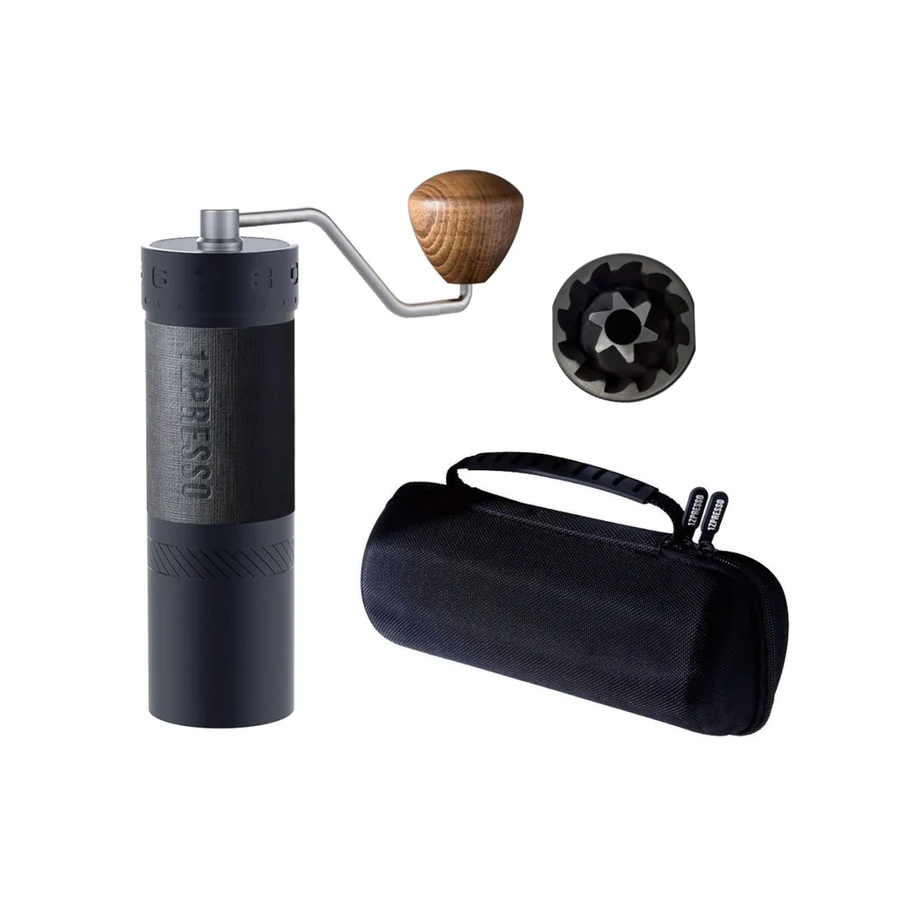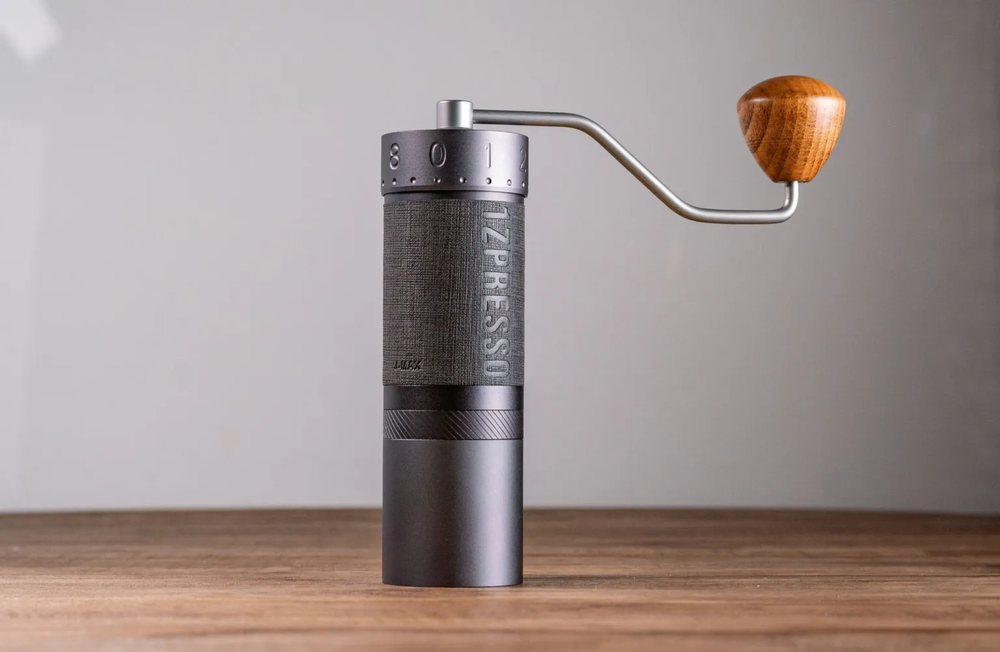What Is Coffee Extraction?
Coffee extraction refers to the process of dissolving and extracting the soluble compounds from coffee grounds (coffee beans that have been ground) using hot water. The goal of coffee extraction is to produce a flavourful and balanced cup of coffee by extracting the desirable flavours and compounds while avoiding over-extraction or under-extraction, which can result in undesirable taste characteristics.
Here's how coffee extraction works:
1. Contact between coffee and water: When hot water comes into contact with coffee grounds, it begins to dissolve and extract various compounds from the grounds. This process is driven by the principles of diffusion and solubility.

- Caffeine: A natural stimulant that contributes to the coffee's energy-boosting effects.
- Sugars: Simple sugars contribute sweetness to the coffee.
- Acids: Organic acids provide acidity and brightness to the flavour.
- Lipids (oils): These contribute to the coffee's body and mouthfeel.
- Flavour compounds: Aromatic compounds that give coffee its distinctive flavour and aroma.
3. Balanced extraction: The goal is to achieve a balanced extraction that captures the desired flavours from the coffee grounds while avoiding the extraction of undesirable compounds. Under-extraction occurs when not enough of the coffee's flavours are extracted, resulting in a sour or weak taste. Over-extraction occurs when too many compounds are extracted, leading to bitterness and harshness.

- Coffee-to-water ratio: The amount of coffee grounds relative to the volume of water used for brewing.
- Grind size: The size of the coffee grounds determines how quickly water can penetrate and extract the coffee.
- Water temperature: The ideal temperature for extraction is typically between 90°C to 96°C.
- Brew time: The length of time that hot water is in contact with the coffee grounds.
- Agitation: Stirring or agitation during brewing can affect extraction.
- Brewing method: Different methods (e.g., pour-over, espresso, French press) have varying extraction characteristics.

5. Monitoring and adjusting: Achieving the right extraction balance requires careful monitoring and adjustment of these factors. Coffee enthusiasts and baristas often use tools like timers, thermometers, and refractometers to ensure consistency in their brewing process.

Coffee extraction is a crucial step in making a great cup of coffee, and understanding how to control and optimise the extraction process is essential for producing coffee with the desired flavour, aroma, and overall quality.



